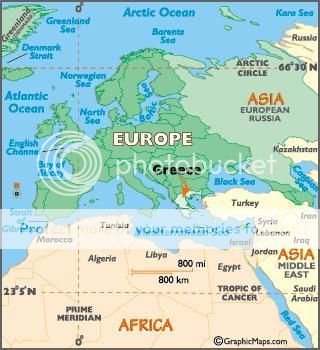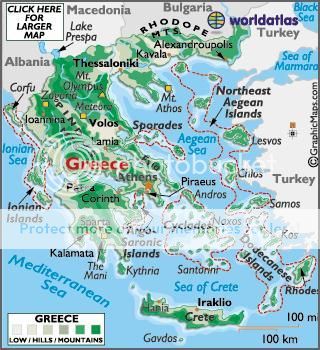Silhouette
Gold Member
- Jul 15, 2013
- 25,815
- 1,938
- 265
So I'm wondering if this is a coincidence. I bring up Greece in my own thread and solving its problems using green energy sold to Germany and France... *poof* it disappears into "Europe" forums.. (while this one remains in politics).
Then I bring up the green energy thing here and *poof* an active thread suddenly dies.
Then I bring up the green energy thing here and *poof* an active thread suddenly dies.




